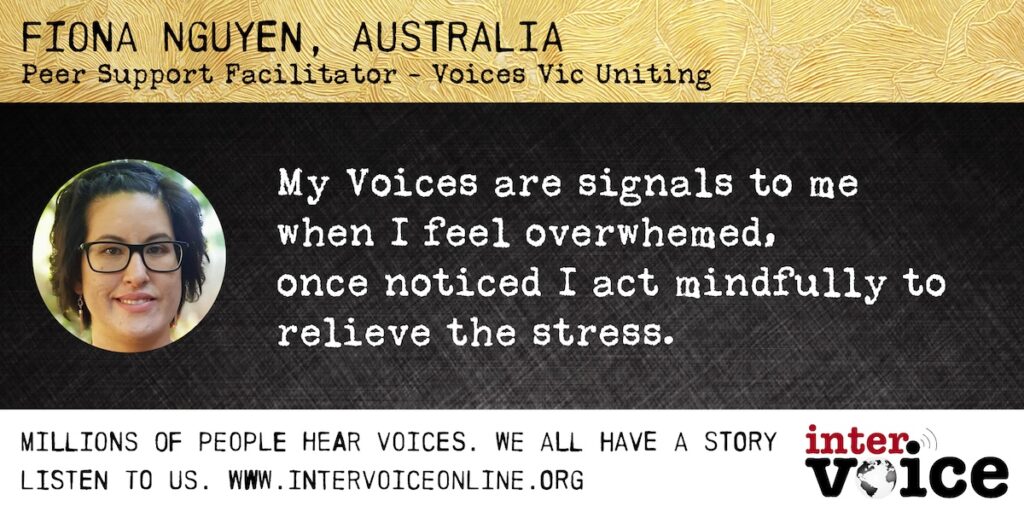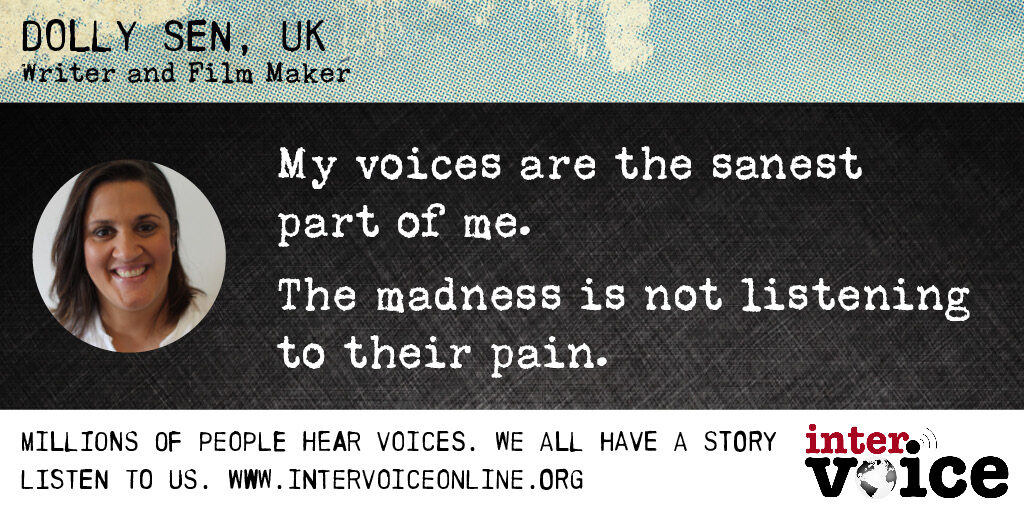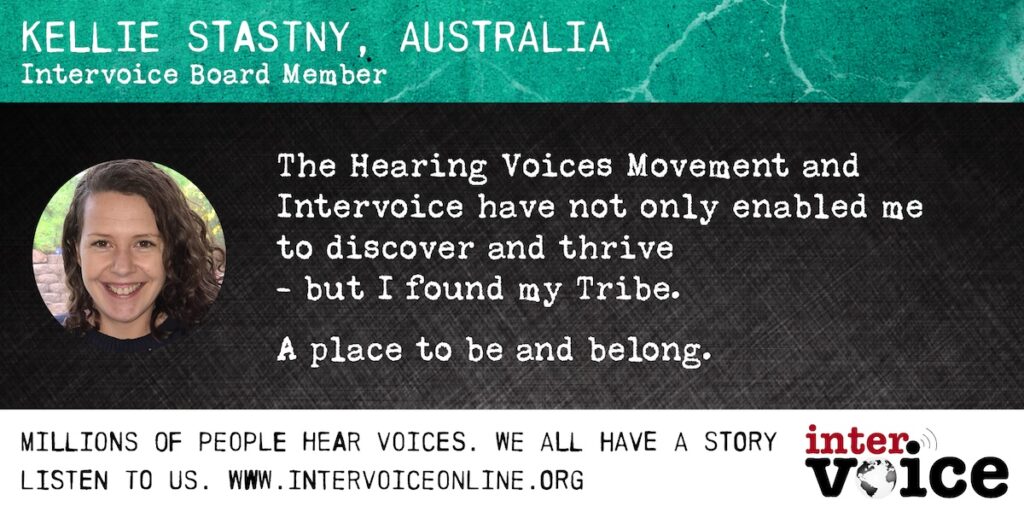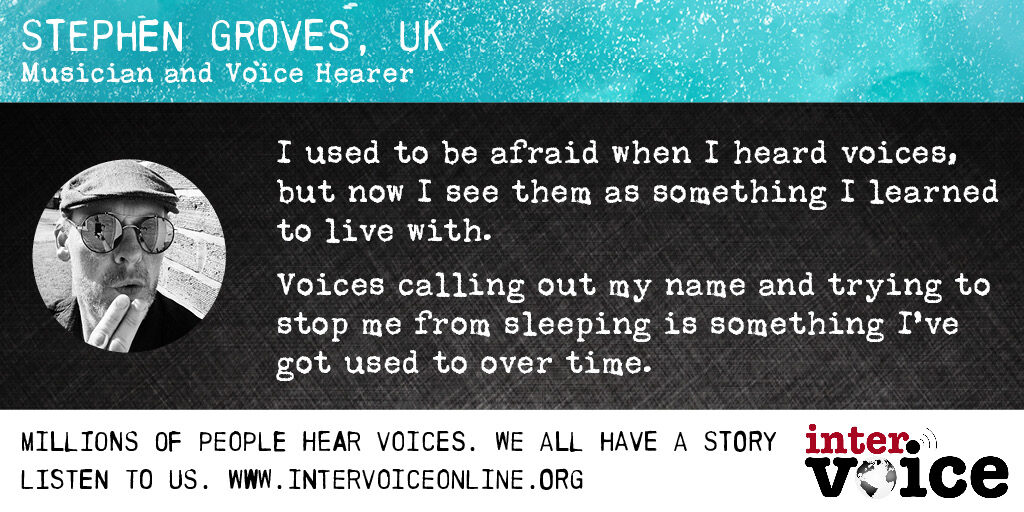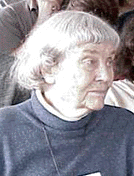
Psychosis Seminars were “invented” in Hamburg (Germany) by Dorothea Buck, a psychiatric survivor of the German Nazi regime, and Thomas Bock, a psychologist lecturing at the Hamburg university.
They are trialogical meetings, which means that psychosis-experienced people, their relatives and friends, and professionals from the mental health sector meet up to discuss issues concerning psychosis.
Everybody is considered an expert of their experiences and everybody’s different perspectives on psychotic states are valued as equally meaningful and important.
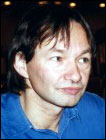
Psychosis Seminars usually take place every two weeks and last about two hours. They are located outside of mental health institutions so that the venue is a neutral and safe place for all participants. Ideally, there are three moderators: an expert by experience, one by profession and one as carer who take turns in moderating the meetings.
Some Psychosis Seminars are also open for students or other interested people, but that is up to every group to decide, how public they want to be.
The atmosphere in these seminars should give space for an open, honest and respectful exchange of thoughts and personal experiences, with the aim to learn from each other and appreciate each others’ differences. This way, we can also critically reflect our own ideologies and preconceptions and open up for new and very diverse views on what psychotic states may be and how we can deal with them.
The idea is to develop new ways of actually communicating with each other as human beings, and to overcome fixed identities as “patient” or “client”, “psychiatrist”, “psychologist”, “social worker” or “mother”, “father”, “partner”, etc.
This also means that it should be possible to complain about power structures and bad experiences, to talk about fears, insecurities, anger and confusion – and also about funny incidents, happy encounters and positive developments.
Especially professionals seem in need to learn to express their own feelings and experiences… and not hide behind “objective” knowledge…
Usually, the group decides on a topic that will be discussed in the next meeting. Here are some examples:
- how can I explain my psychotic experiences to people who don’t know anything about this state of mind?
- how can I stand up against professionals or family members who incapacitate me?
- how can I help my relative and still take care of my own needs and resources?
- in how far can I trust the mental health system? how do I know what treatmant helps me/my relative/friend?
- what kind of help do experts by experience want from me as a professional?
This way, we can also acquire the different languages that we use for the so called psychotic states.
It can be very helpful for experts by experience and for carers to acquire the often very abstract and theoretical language of professionals to be able to counter professionals on this level. Acquiring expert knowledge of the different forms of treatment and of the personal rights one has got as a patient or client also enables to make own choices and to no longer feel like a victim of the powerful and hierarchical mental health system. Equally, it is important for professionals to move away from generalizations and theories and learn to both talk about their own personal experiences, fears, worries,… and admit to them! and to listen to the individual stories told by psychosis-experienced people.
Another aim of some Psychosis Seminars is to work on a public level and change the public’s attitude towards so-called psychoses and so-called “mental illness”. Some Psychosis Seminars present themselves in the internet or invite journalists to write an article or film a documentary. They intend to destigmatize and normalize the psychotic experience and to make the hierarchical power-structures within the mental health system transparent.
Ideally, the trialogical structure will move on from the seminars and will be present in all kinds of decision making boards and projects concerning mental health issues. There are some encouraging developments in Germany in this direction, for example a trialogically staffed board that was responsible for the planning and conception of a new psychiatric unit.
Also, the German Voice Hearing Network works trialogically.
Further literature on psychosis seminars:
Psychosis Seminars – An Unconventional Approach, by Thomas Bock and Stefan Priebe, in: Psychiatric Services, Nov. 2005, 56, pages 1441-1443
“It is normal to be different.” A Broschure on the Understanding and Treatment of Psychosis from the Viewpoint of Experts by Experience. By the “Working Group Psychosis Seminars”.
To order, mail to: [email protected]
Es ist normal, verschieden zu sein. Psychose-Seminare – Hilfen zum Dialog. Arbeitshilfen. By Thomas Bock, Dorothea Buck-Zerchin, Ingeborg Esterer, Psychiatrie-Verlag ,2000
Auf der Spur des Morgensterns. Psychose als Selbstfindung. By Dorothea Buck-Zerchin, Paranus Verlag, 2005









